5 Key Benefits of Investing in a Meat Processor Machine
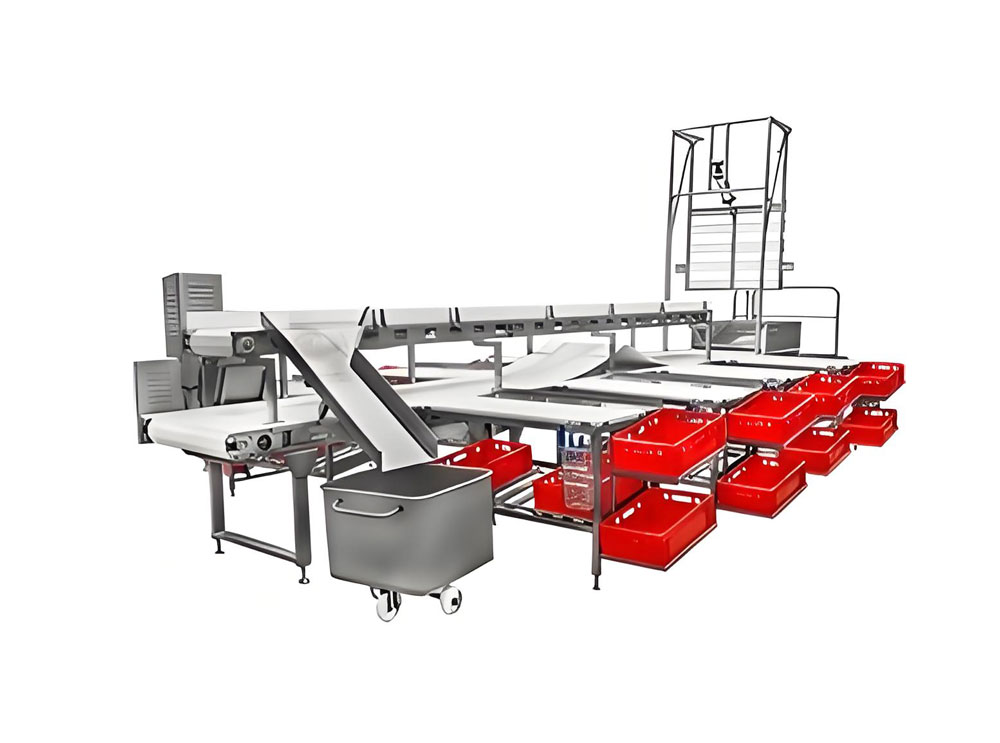
Introduction: Why Investing in a Meat Processor Machine is a Game-Changer
In the fast-paced world of food production, efficiency and consistency are non-negotiable. As demand for high-quality, processed meat products rises, manufacturers must find ways to meet the expectations of both speed and quality. Enter the meat processor machine, a pivotal asset for any meat processing business aiming to scale operations, enhance production speed, and maintain top-tier standards.
Investing in a meat processor machine is more than just a purchase; it's a game-changing decision that can revolutionize the entire production process. By automating critical steps in meat processing, businesses can achieve faster output, better product consistency, and significant cost savings. But what exactly are the core benefits of these machines, and why should you consider upgrading your facility with one? Let’s explore.
Benefit #1: Increased Efficiency in Meat Processing
The meat processing industry, by nature, requires speed and precision. Traditionally, these tasks were handled manually or with rudimentary equipment, which, while functional, couldn’t keep up with modern production demands. Automation has brought a seismic shift in how meat processing operates, allowing for streamlined workflows that drastically cut down processing times.
How Automation Speeds Up the Meat Processing Workflow
Meat processor machines are designed to handle multiple tasks quickly. They can grind, chop, blend, and even package meat at speeds far beyond what manual labor can achieve. With a meat processor machine, each stage of production, from meat preparation to final packaging, can be completed faster, increasing the overall output of the facility.
Reducing Manual Labor and Saving Valuable Time
The time spent manually cutting, grinding, and preparing meat can be substantial. By automating these processes, businesses can free up valuable labor resources for other tasks, such as quality control and inventory management. Automation not only saves time but also reduces the potential for human error.
Improving Processing Speed and Meeting Production Targets
Meeting tight deadlines is essential in a high-volume environment. Meat processor machines help speed up the processing cycle, enabling businesses to meet production targets without compromising quality. This increased efficiency ensures a consistent supply of finished products, helping businesses stay competitive.
Minimizing Human Error in Meat Processing
Manual labor can result in variability, whether in cut sizes or processing consistency. With automation, a meat processor machine ensures that each step is completed precisely, eliminating the inconsistencies often caused by human error. This guarantees that each batch is identical in size, texture, and quality.
Benefit #2: Consistent Product Quality and Uniformity
In the food processing world, uniformity is crucial. Whether you're processing meats for sausages, patties, or fresh cuts, ensuring consistent quality is essential for customer satisfaction and regulatory compliance.
Ensuring Uniformity in Cut Size, Texture, and Quality
Meat processor machines excel at producing uniform cuts, whether you're looking for finely ground meat or perfectly chopped portions. With their precise control systems, these machines ensure that each piece of meat adheres to the same size and texture specifications, eliminating the variation often seen with manual processing.
How Meat Processor Machines Maintain High-Quality Standards
The quality of the final product is closely tied to the consistency and reliability of the machinery. Meat processor machines maintain stringent standards across every batch, ensuring that product quality remains high even during large-scale production runs. This consistency helps build brand reputation and fosters consumer trust.
The Role of Precision in Delivering Consistent Results
Modern meat processors are equipped with high-precision controls that allow for fine-tuning of variables like cutting speed, grinding intensity, and blending techniques. This level of precision ensures that the end product maintains its texture, flavor, and appearance, which are critical in maintaining a brand’s standards.
Achieving the Perfect Product Every Time
One of the most significant advantages of a meat processor machine is the ability to replicate the same product time after time. No matter the volume of production, these machines can produce the perfect product every time, ensuring consistency that manual labor simply cannot match.
Benefit #3: Enhanced Food Safety and Hygiene
In an industry where hygiene is of utmost importance, meat processor machines are built with food safety regulations in mind. Not only do they help keep the production process efficient, but they also ensure that meat processing is hygienic, safe, and compliant with regulations.
Hygienic Design and Easy Cleaning of Meat Processor Machines
Many modern meat processors are made with materials like stainless steel that are easy to clean and sanitize. These materials resist bacteria buildup and are durable enough to withstand regular cleaning cycles. Machines are also designed with smooth surfaces and minimal crevices, making them easy to maintain and sanitize after every use.
Complying with Food Safety Regulations Effortlessly
In the highly regulated food industry, compliance with safety standards is non-negotiable. Meat processor machines are engineered to meet international food safety standards, ensuring that businesses can maintain compliance without additional effort. Features like automated cleaning systems and proper sealing reduce contamination risks.
Reducing Contamination Risks and Ensuring Safe Products
By reducing human contact with the meat during processing, meat processor machines minimize the potential for contamination. Moreover, they prevent cross-contamination by keeping various meats separate and processed according to strict hygiene protocols.
How Stainless Steel and Other Materials Enhance Hygiene
Stainless steel is the material of choice for meat processing machines due to its non-porous surface, which inhibits bacterial growth. This ensures that harmful pathogens cannot settle in the crevices of the machine, providing an added layer of food safety. Additionally, stainless steel is resistant to corrosion, ensuring that machines maintain their integrity over time.
Benefit #4: Cost Savings Over Time
While the initial investment in a meat processor machine may seem high, the long-term savings it provides can be significant. From reducing labor costs to enhancing production efficiency, the return on investment (ROI) is often well worth it.
How Investing in a Meat Processor Machine Saves Money in the Long Run
Though meat processor machines require a substantial initial investment, they offer considerable savings over time by automating processes and eliminating inefficiencies. As production speeds increase and waste is reduced, businesses can quickly recover their investment.
Reducing Labor Costs and Improving Workforce Efficiency
With fewer employees required to handle labor-intensive tasks, businesses can save on wages and redistribute human resources to other essential areas. Automated processing machines also minimize downtime, ensuring a more efficient workforce.
Minimizing Waste and Optimizing Meat Yields
Waste reduction is a key area where meat processor machines make a substantial impact. These machines can process every part of the meat with greater precision, ensuring that no valuable meat is wasted during the production process. This optimization increases yields and reduces costs over time.
Energy Efficiency: Lowering Operational Costs
Modern meat processor machines are designed with energy efficiency in mind. By reducing energy consumption during operation, these machines help businesses save on utility bills, making them an environmentally and financially sustainable choice.
Benefit #5: Versatility and Flexibility in Meat Processing
Meat processor machines are incredibly versatile, capable of handling a variety of meat types and processing techniques. Whether you're making sausages, burgers, or finely ground meat, these machines can adapt to different production needs.
How Meat Processor Machines Handle Various Types of Meat
From beef to poultry and pork, meat processor machines can handle a wide range of meat types, ensuring that they meet the specific needs of your production line. Their flexibility makes them suitable for various meat products, enhancing their value across multiple applications.
Adapting to Different Cuts, Sizes, and Processing Methods
A good meat processor machine can be adjusted to create different cuts, from coarse ground to fine mince. These machines allow for precise control over the cut size, ensuring that you can achieve the desired result for each specific product.
Multi-Function Capabilities for Grinding, Chopping, and Blending
Many meat processor machines come with multi-function capabilities, offering grinding, chopping, and blending in one unit. This versatility allows businesses to streamline their operations and reduce the need for multiple machines, saving both space and investment.
Customization Options to Meet Specific Production Needs
Some meat processor machines come with customizable features, enabling businesses to tailor the machine’s functions to their specific processing needs. Whether you need to adjust processing speed or integrate additional functions, these machines offer the flexibility to match your unique requirements.
Choosing the Right Meat Processor Machine for Your Business
Selecting the right meat processor machine requires careful consideration of your specific business needs, production volume, and budget. By assessing these factors, businesses can choose the ideal machine to fit their operations.
Evaluating Your Business Needs: Small vs. Large-Scale Operations
Different scales of operation require different machines. Smaller businesses may benefit from more compact, cost-effective models, while large-scale operations require machines that can handle high volumes of meat processing.
Understanding the Capacity and Throughput Required
Production capacity is a key consideration. Businesses must evaluate how much meat they need to process daily and choose machines capable of meeting those demands without overburdening their operations.
Key Features to Look for When Selecting a Meat Processor Machine
Key features to consider include ease of cleaning, speed, durability, and versatility. Understanding what features matter most for your production needs will guide you toward the right machine.
How to Balance Your Budget with Machine Performance and Quality
Balancing budget with quality is critical. While cheaper machines may seem attractive, investing in a high-performance machine can pay off in terms of efficiency, safety, and long-term savings.
Maintenance and Longevity of Meat Processor Machines
A well-maintained meat processor machine can last for years, ensuring that businesses continue to benefit from their investment. Regular maintenance is crucial for keeping the machine running smoothly and extending its lifespan.
Routine Maintenance Practices to Extend Machine Lifespan
Routine cleaning, lubrication, and inspections are essential for keeping the machine in top working condition. Regular maintenance can prevent costly breakdowns and ensure that the machine operates at peak efficiency.
Troubleshooting Common Issues and Keeping Your Machine Running Smoothly
Understanding common issues such as clogging, overheating, or electrical faults can help businesses address problems quickly and minimize downtime. Regular troubleshooting and prompt repairs will keep the machine running smoothly.
The Importance of Professional Servicing and Inspections
Professional servicing ensures that the machine is regularly checked for any potential issues and that parts are replaced before they wear out. Inspections can also ensure compliance with food safety regulations, helping businesses avoid costly fines.
How Investing in Quality Pays Off in the Long Term
Investing in a high-quality meat processor machine can save businesses money in the long run. Well-maintained machines last longer, require fewer repairs, and deliver higher performance, offering greater returns on investment.
Technological Advancements in Meat Processor Machines
Advancements in technology continue to improve meat processing efficiency and precision. Innovations in automation, AI, and IoT are revolutionizing the industry, pushing the boundaries of what meat processor machines can achieve.
Exploring Automation, AI, and IoT Integration
Automation, artificial intelligence, and the Internet of Things (IoT) are transforming meat processing. These technologies allow for real-time monitoring, predictive maintenance, and data-driven insights, making it easier for businesses to optimize production processes.
The Future of Meat Processing Technology
The future of meat processing lies in further advancements in technology, including better AI-powered automation and improved machine learning algorithms that will help refine processing methods and reduce waste even further.
How Innovative Features Can Further Enhance Production Efficiency
Features like automated cleaning systems, smart sensors, and machine learning-driven performance optimization are becoming increasingly common in meat processing machines. These innovations can make production lines even more efficient, reducing labor costs and improving product consistency.
Staying Ahead of Industry Trends with Cutting-Edge Machines
Businesses that invest in the latest technology stay ahead of the competition. By embracing innovations in meat processor machines, businesses can improve their efficiency, safety standards, and product quality, ensuring they remain relevant in a fast-evolving market.
Conclusion: Why a Meat Processor Machine is Worth the Investment
Investing in a meat processor machine offers numerous benefits, from improved efficiency to enhanced safety and cost savings. Whether you're looking to scale your business, improve product consistency, or streamline your operations, the right meat processor machine can help you achieve your goals. By considering your business needs and investing in high-quality, durable machines, you set your business up for long-term success and growth.
FAQ: Common Questions About Investing in a Meat Processor Machine
What size meat processor machine do I need for my business?
The size of the machine depends on your production volume. Smaller operations may only need a compact machine, while larger businesses will require higher capacity machines capable of handling large quantities.
How do I know if a meat processor machine is right for my operation?
Evaluate the machine’s processing speed, versatility, and ability to meet your specific product requirements. Consider factors such as the types of meat you process, your production scale, and your budget.
What are the key factors that affect the price of a meat processor machine?
Key factors include machine capacity, features, build quality, and technology integration. Machines with more advanced features, such as automation or IoT connectivity, will generally cost more but offer greater long-term benefits.
How long will a meat processor machine last?
With proper maintenance, a high-quality meat processor machine can last for many years, often up to 10-15 years or more. Regular upkeep is crucial for maximizing lifespan.
Can a meat processor machine handle different types of meat?
Yes, most meat processor machines are versatile and capable of handling different types of meat, including beef, poultry, and pork. Some models can even process specialty meats like venison or lamb.
Must-Read Blogs For Chain Restaurants Owner

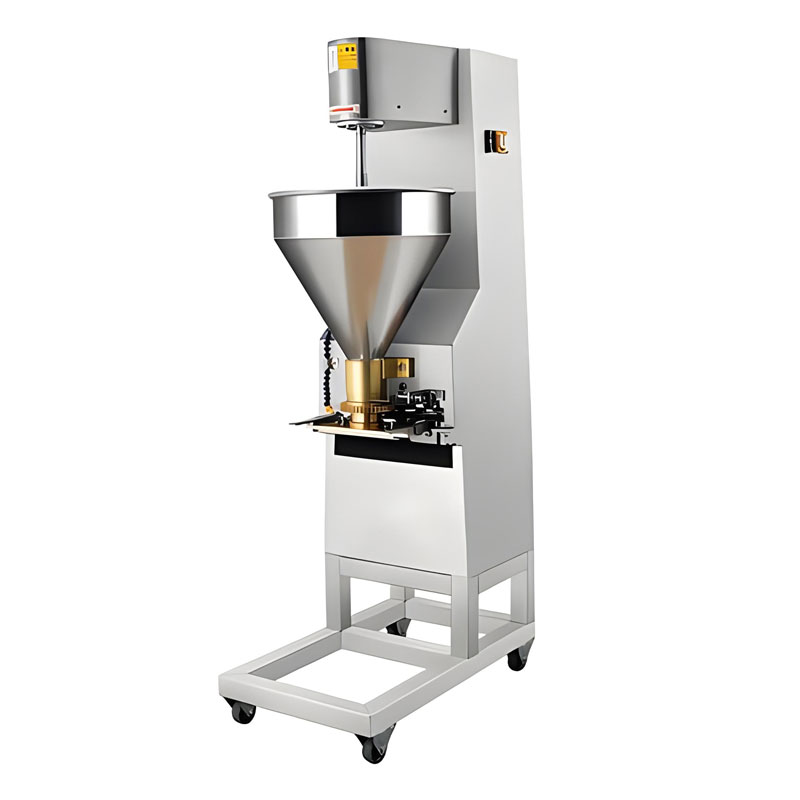
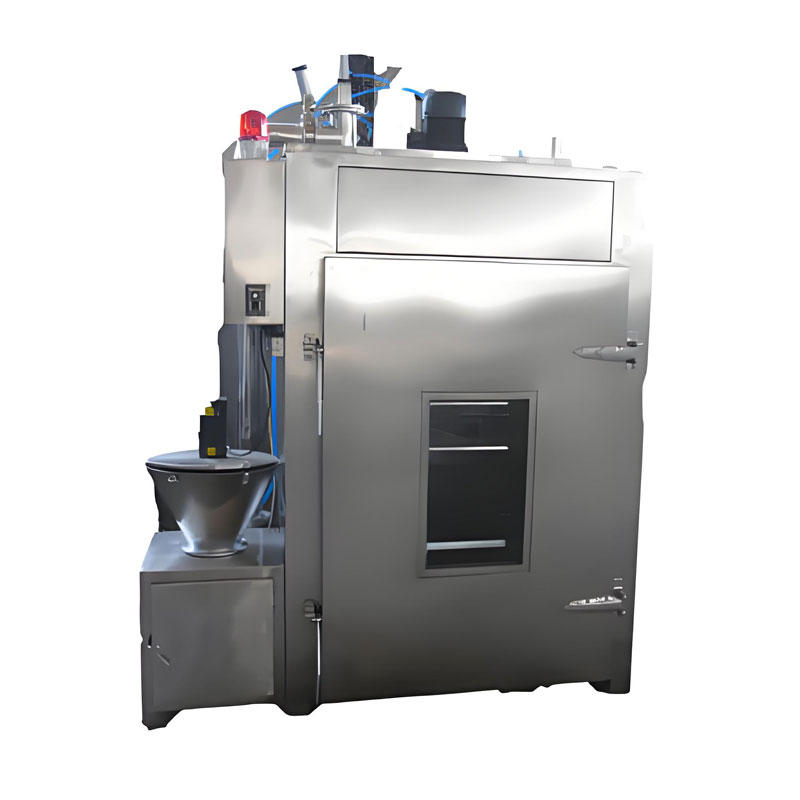
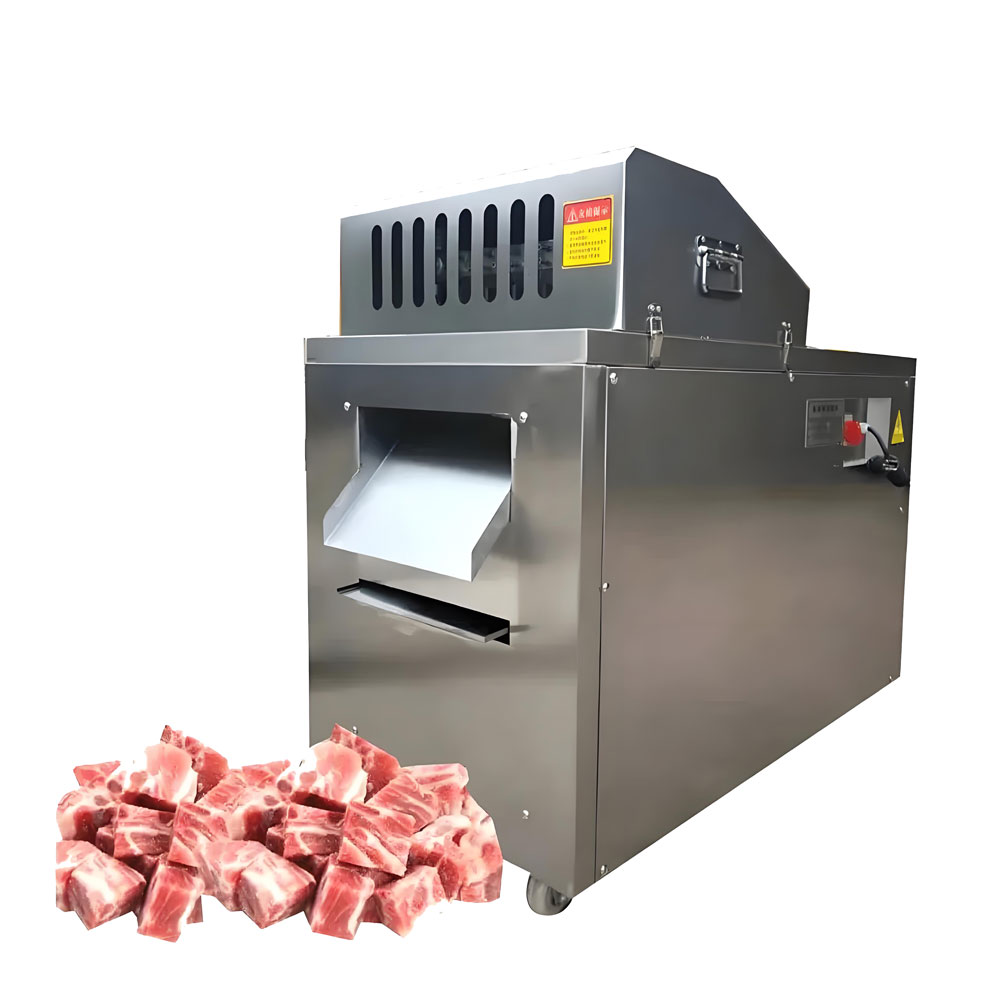
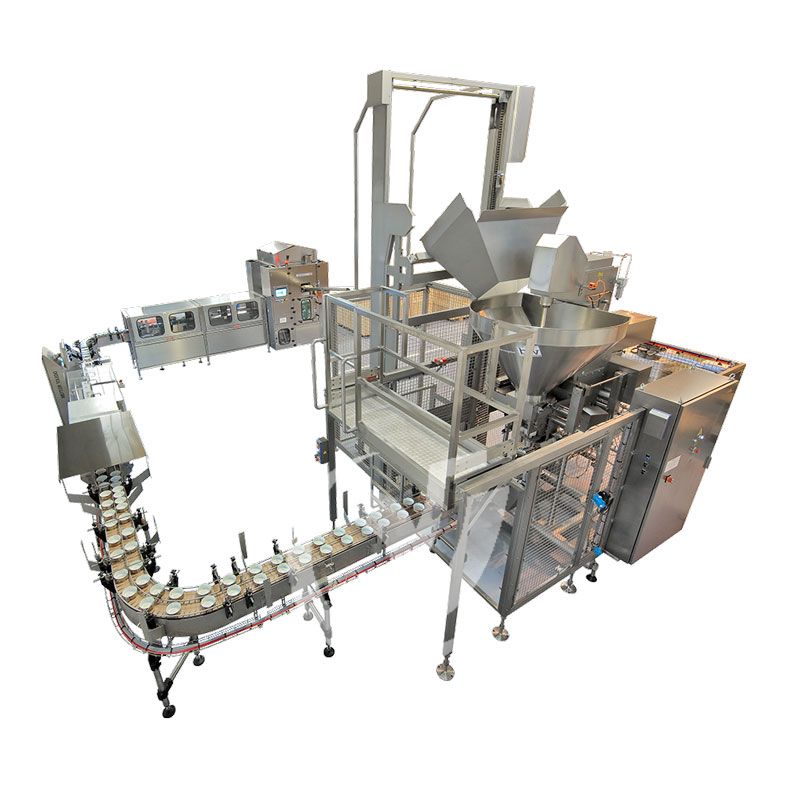

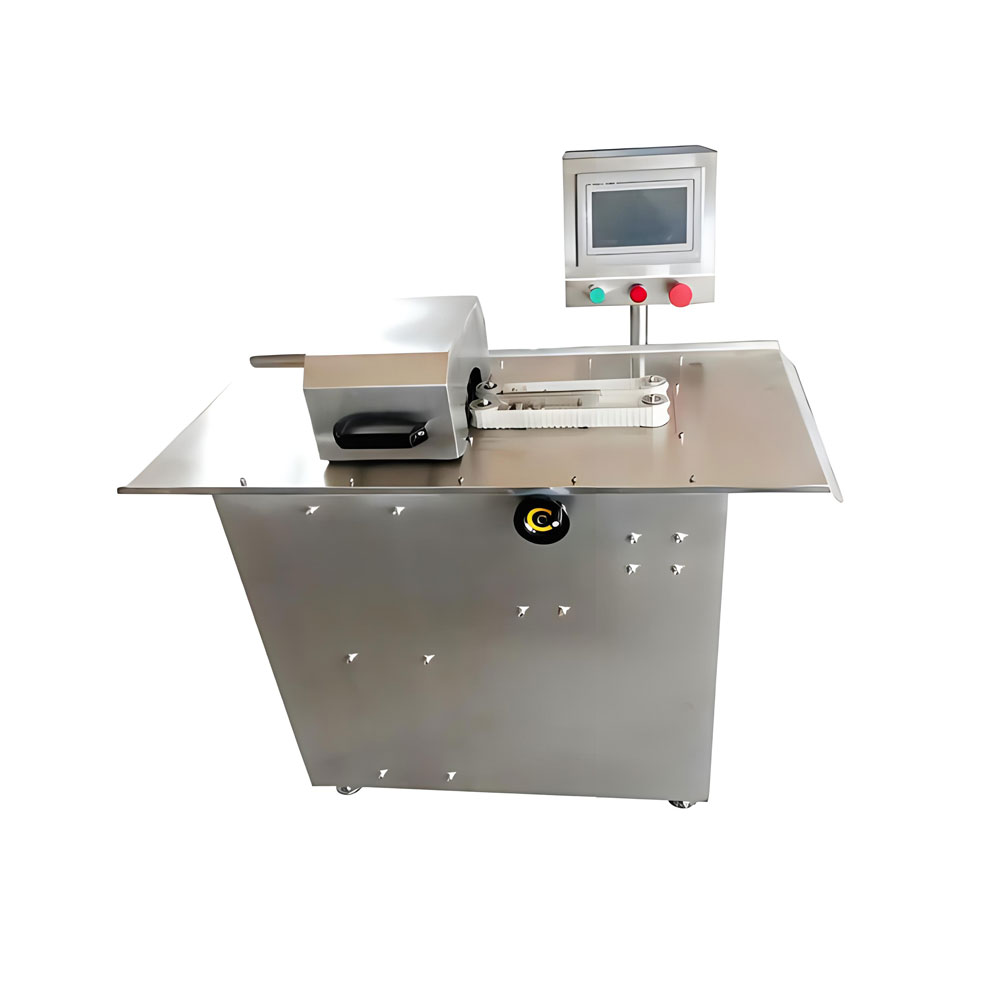
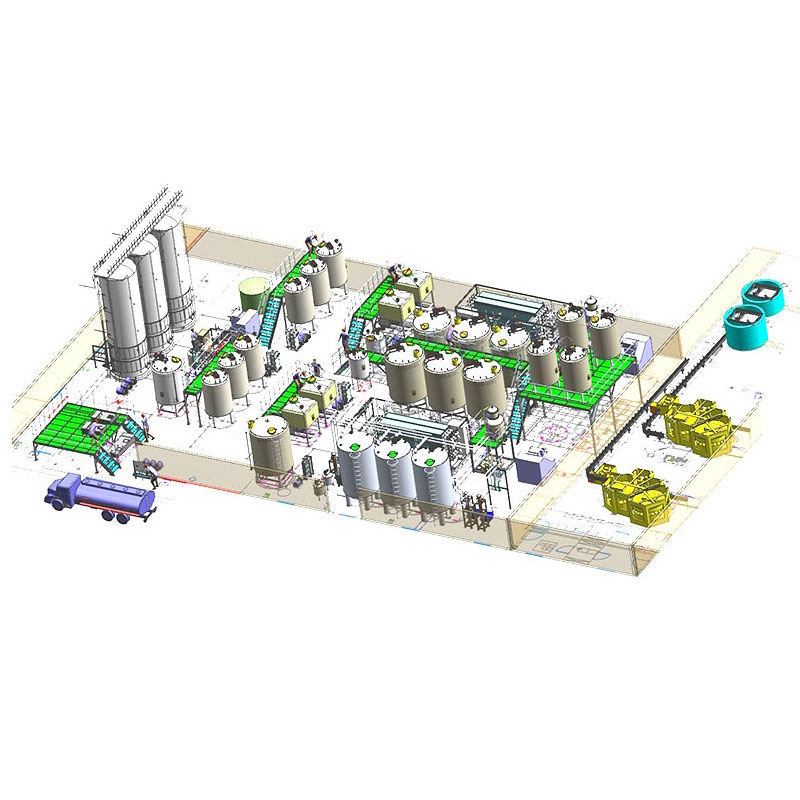
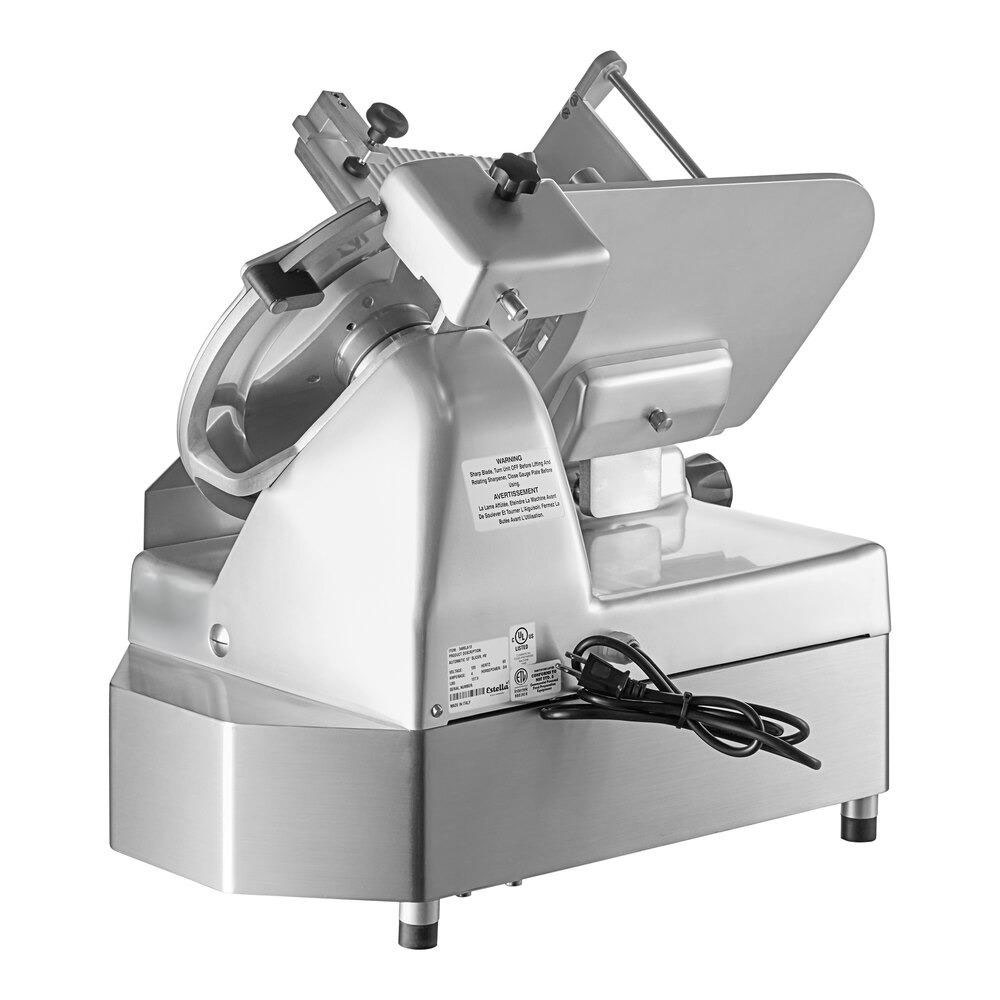
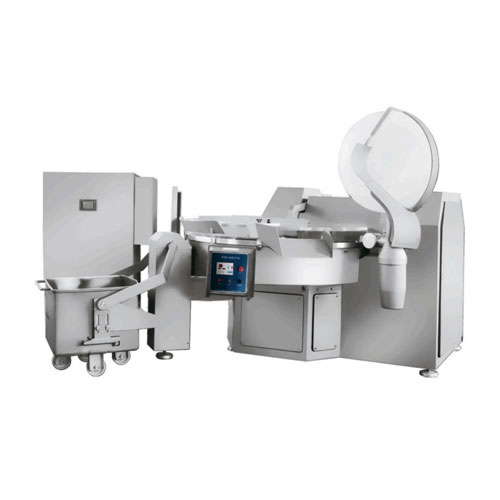
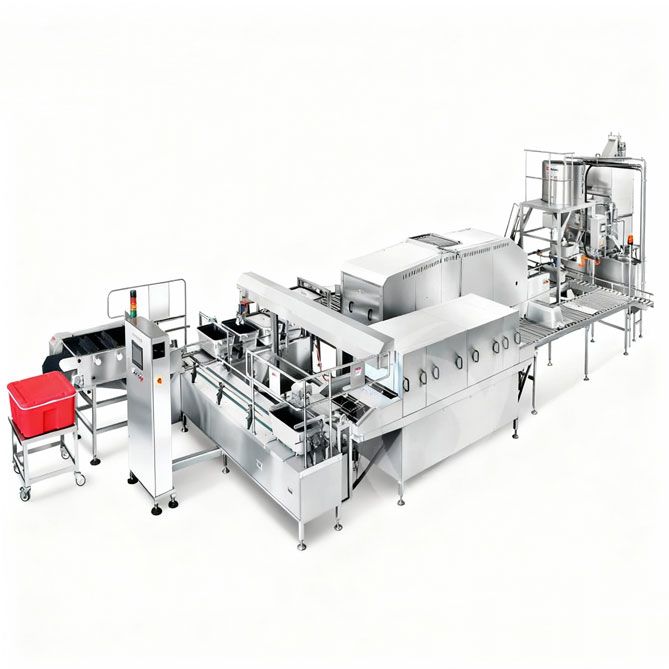
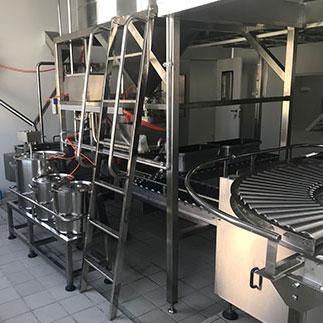 Cold Chain Rice Production Line
Cold Chain Rice Production Line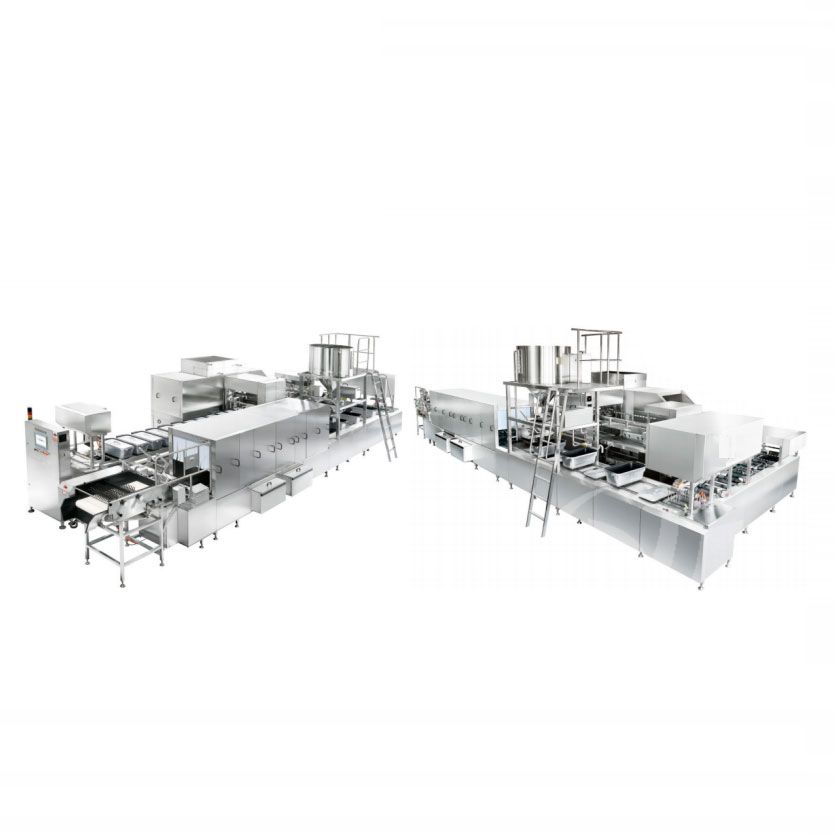 Unmanned Intelligent Rice Production Line
Unmanned Intelligent Rice Production Line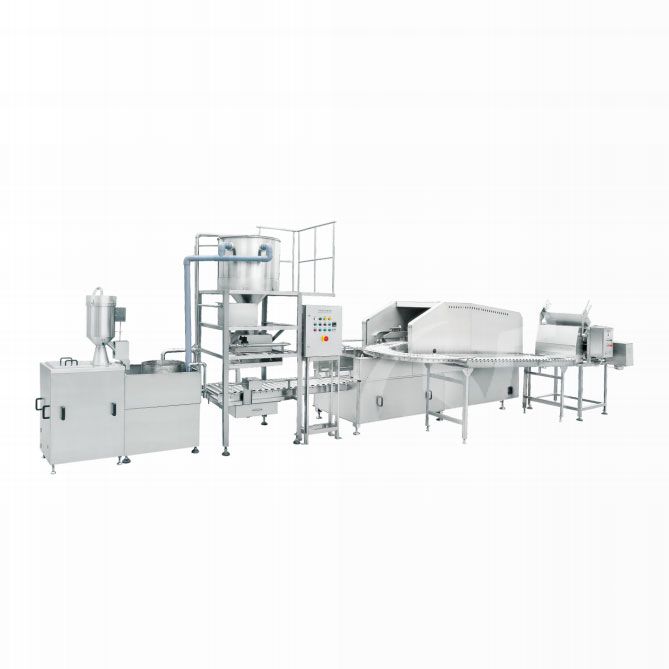 Automatic Rice Production Line
Automatic Rice Production Line
Ready to Get Started?